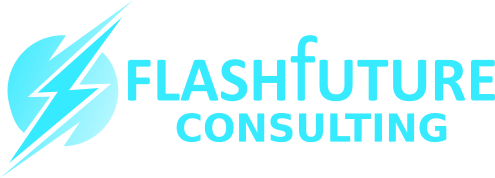Genomic Googling
By Clive Flashman, Managing Director of Flashfuture Consulting
(First published in association with CSC)
Who should be able to access your most personal details?
Just over two years ago, and with very little publicity given the significance of what it was doing, Google launched Google Genomics. Google Genomics is a cloud-based service, aimed at large hospitals and medical universities. It allows them to move DNA data into Google’s server farms, and provides an interface or API to support detailed analysis of that data using the same algorithmic-based technology they apply to web searches.
The benefits are potentially vast, almost mind-bogglingin fact.
Given that it takes a matter of minutes now to decode a human genome, and that the 100Gb of data produced costs around $20 per annum to store using a Google or Amazon cloud service, the scaling up of such a service is completely viable.
Imagine that you are a cancer sufferer, and your genome (and those of your tumour) have been decoded, uploaded to Google Genomics, and then matched against the others that are stored there. This process could predict which therapy or drug would offer you optimum results, based on the past experience of other patients with a similar genetic makeup.
Information about you that you might never have known, hidden traits, predispositions to illness and frailty – all could be interpreted by scientists from your genome and used in ways you could never have imagined. While this could benefit both you and humanity in general, we have to ask whether the benefits outweigh the potential risks.
We all know that data is never 100% secure. Government agencies and large companies (e.g., Yahoo, Sony) have their systems and repositories hacked far more frequently than the news headlines suggest. So, how do you feel about the risk that your most private data, the code that summarises you as a physical being, could become accessible to people who might misuse it?
It is a moral dilemma, and the issues of consent are significant.
Just because I give permission for my hospital to decode my genome to optimise my medication regime, that doesn’t mean that I consent to it being stored in a cloud that can then be accessed by other individuals and organisations, even if in an anonymised form.
On the other hand, if comparing my genome against 100 million others will extend the length and improve the quality of my life, is privacy a small price to pay?

